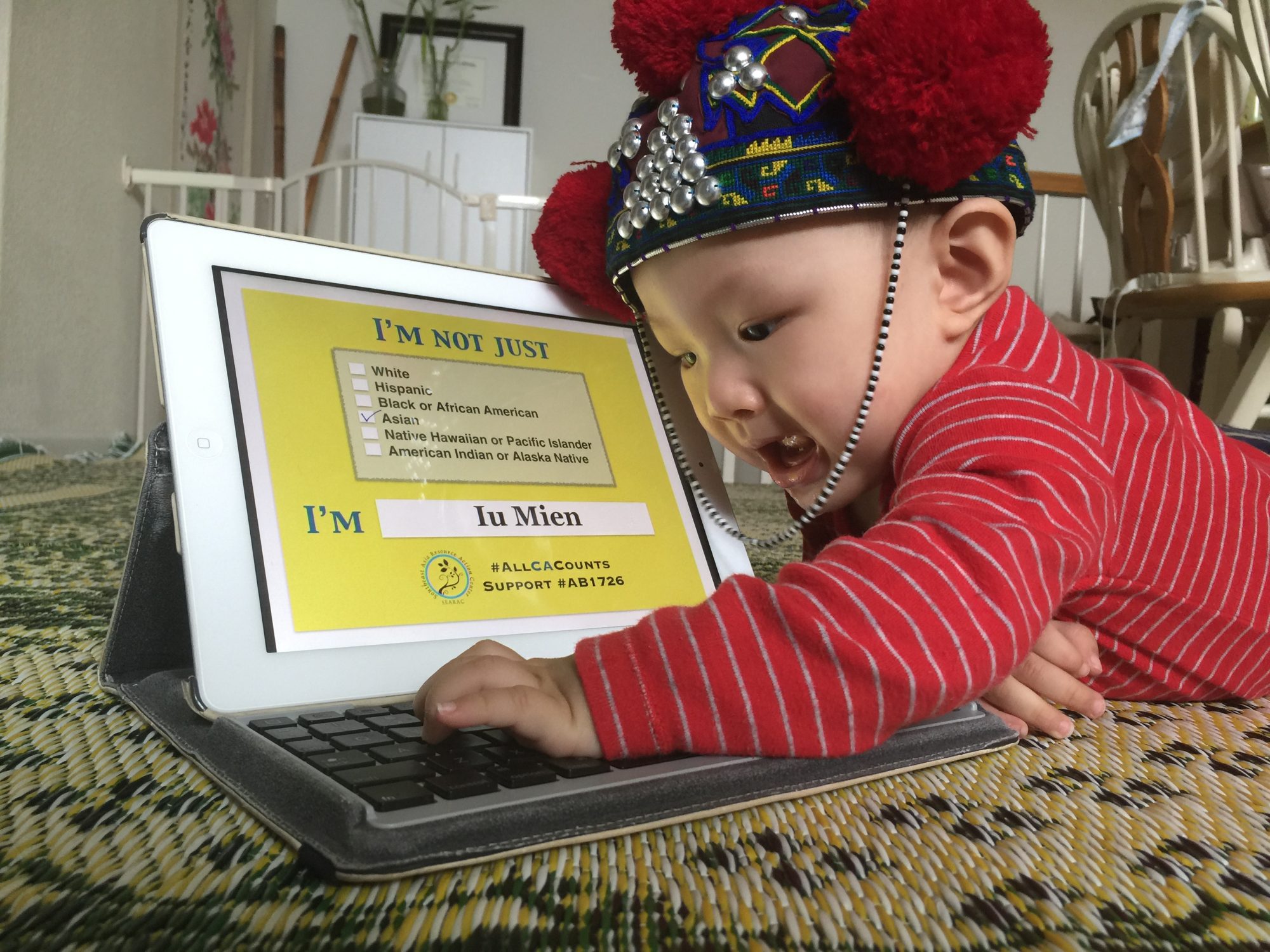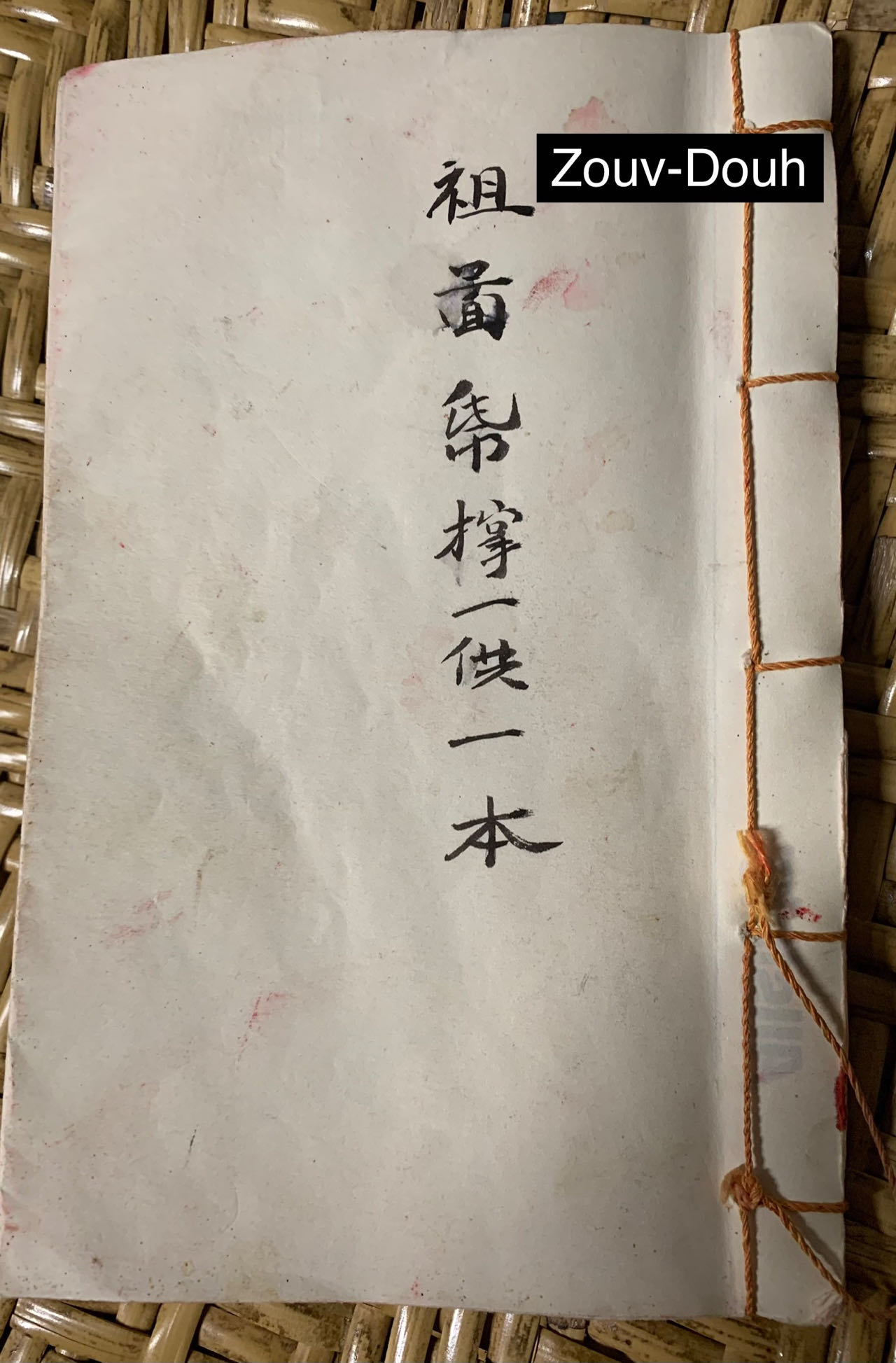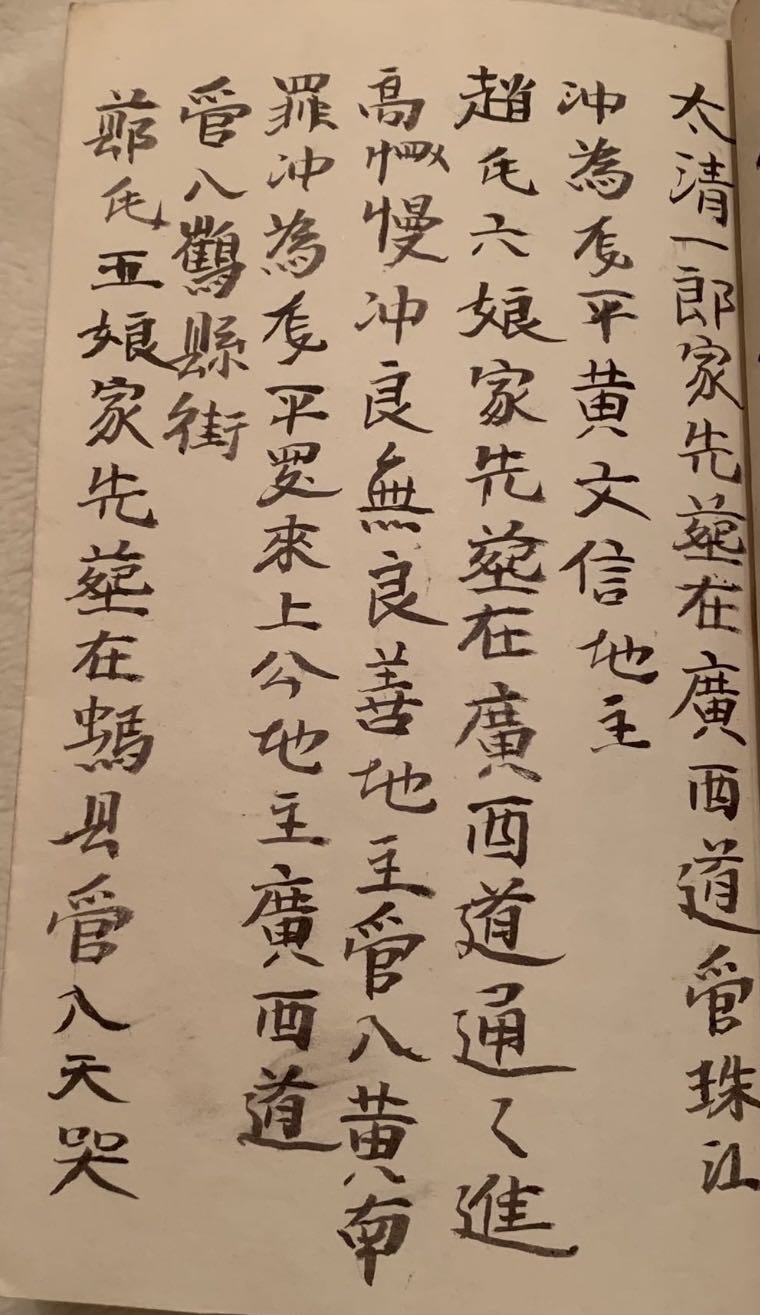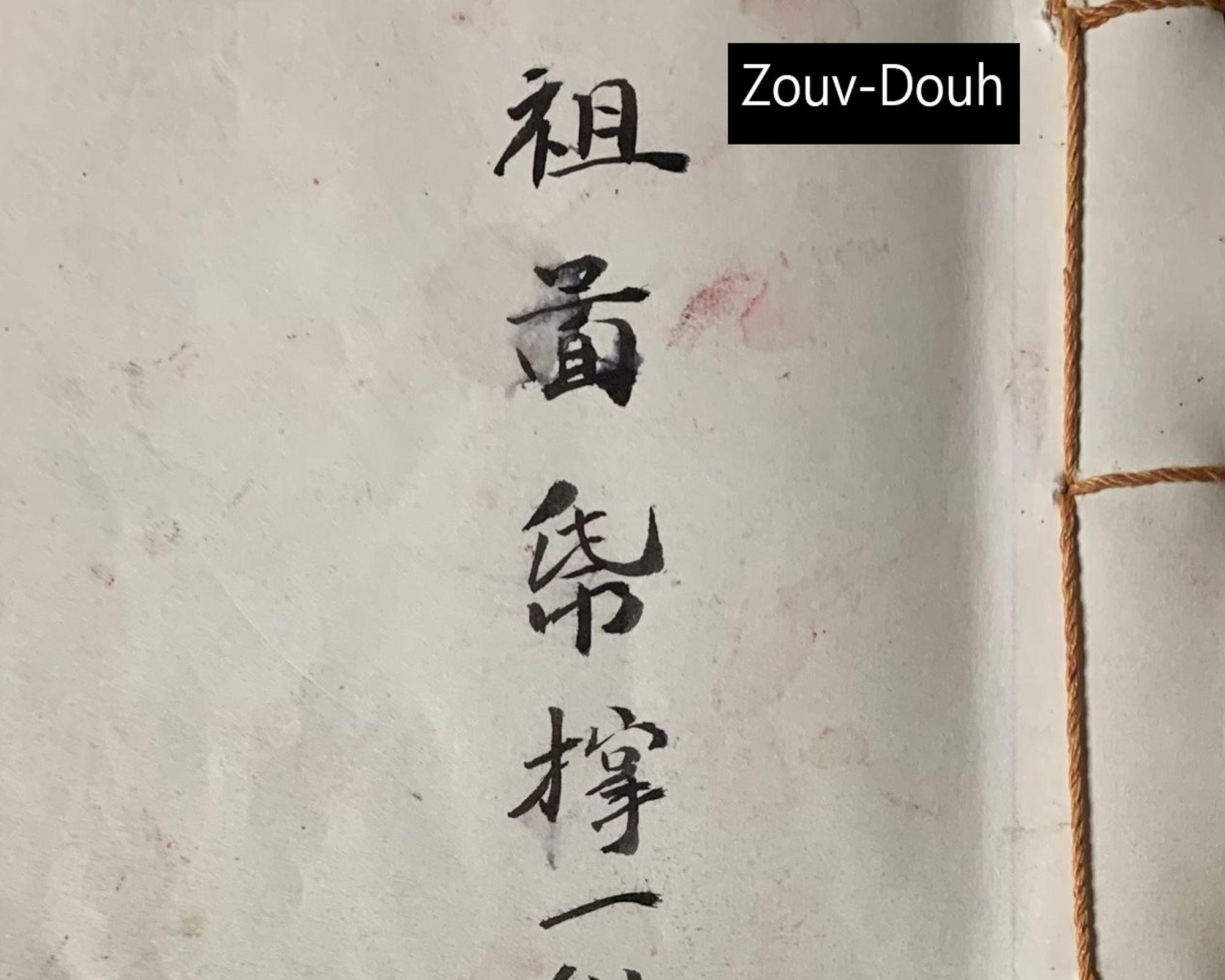“A people without knowledge of their past history, origin, and culture is like a tree without roots.” – Marcus Garvey

The Iu Mien are one of “the smallest major refugee groups in the U.S. and the least known in the refugee literature” (MacDonald). In China, the Iu Mien are categorized under “Yao” (瑶). We have been migrating across national boundaries for centuries, starting our southward migration from China to Vietnam and later into Laos, Myanmar (Burma) and Thailand. The most recent mass migration to the West was a direct result of conflicts of war.
As political refugees, many of us have had to navigate the complexities of assimilating into American culture while also dealing with our families’ refugee trauma and finding our identities. “As a young child, I was so confused when my mother would cry and speak of the horrors of a war that I couldn’t find in history books. The lack of validation of the hardship and deaths my family experienced or reference of my ethnicity in history books left a deep void in my identity” (Saeteurn).
History is only accurate through the inclusion of all voices. Facts in history about marginalized and oppressed ethnic groups have often been distorted, buried or simply missing in history (Baker). Despite the widespread horror stories of war in our community, the struggles and losses that our people endured have not been acknowledged. The lives sacrificed on behalf of the U.S. during the Vietnam War era, our history, our truth have been buried.

My current research project is to collect and analyze Iu Mien ancestral records, specifically the family genealogy record known in Mien as zouv-douh and in Chinese as 祖图 / 祖圖 /zǔ tú. The literal translation of 祖图 is “ancestral map”. My (main) objectives are to identify our ancestral territories and trace our major migration routes. I also aim to use the zouv-douh to explore the linguistic, cultural, and religious history of the Iu Mien people and disseminate the findings of the study to both academic and non-academic audiences worldwide.

WHAT is zouv-douh/ 祖图 / 祖圖/ ancestral map?
Iu Mien zouv-douh are family genealogy records. These records offer information about our ancestors’ final resting places, including burial locations and the directions in which they were buried. This patrilineal genealogy gives the clan name, the spirit names of the ancestors and their titles based on their merit rank. The females listed on the records are sometimes only indicated by their clan names and designated as wives in relation to specific male ancestors.
Here’s an interactive map of my paternal family’s zouv-douh, a visual representation of our family’s migratory journey. Click on the various locations for details.
WHY is the ancestral map important?
The Iu Mien have migrated across national boundaries for centuries. We have not been recognized by government officials in the various countries we have lived in. Thankfully, the zouv-douh serve as invaluable tools that help us trace our historical settlements and paint a picture of our people’s migratory journey.
WHEN did the Iu Mien begin this record keeping?
The tradition of recording information related to our ancestors goes back centuries. The earliest recorded ancestor from my father’s side of the family’s zouv-douh is estimated to have lived between the 17th and 18th centuries.
WHERE can I find my family’s zouv-douh?
Ask your parents and grandparents! If they don’t have a copy, perhaps a male relative may have one.
HOW can I help contribute to this project?
- Take this survey! This survey is a means to gather concrete data to help generate new knowledge, validate existing knowledge, and advocate for research in Iu Mien studies.
- Submit a copy of your zouv-douh for analysis! Please ensure that you have your family’s blessings and full permission to share the record with me. By submitting the zouv-douh, you acknowledge that it will be used for research purposes and that data and knowledge derived from the zouv-douh may be used in various publications in the future. Please contact me via email for more details.
Preserving our cultural heritage and identity begins with understanding where we come from. Join me in this endeavor by sharing your zouv-douh with me. Your participation in this project will be immensely valuable in advancing the recognition of our people’s history and culture. Be a part of this movement. Discovering the stories of our ancestors can be a profoundly transformative experience. We must gather as much information as we can now before the knowledge is buried with our elders. I cannot stress how important this is. If I would have known about the zouv-douh before my grandfather passed away, I could have likely traced the exact kinship among the ancestors listed on the records at least a couple more generations back. We cannot allow scholars to draw conclusions about the Iu Mien based on assumptions and theories. We must take action and piece together our history to ensure that it is not forgotten. Honor the lives of your ancestors and give them a voice.
WHO do I contact about this project?
Me, Fahm! You can send me an email at iumienstudies@gmail.com. Any and all questions are welcomed!
References
Baker, Brian. Introduction to Ethnic Studies. Kendall/Hunt Pub. Co., 2011.
MacDonald, Jeffery L. Transnational Aspects of IU-Mien Refugee Identity. Garland Pub, 1997.
Saetern, Koy. (2019, April). Testimony on AB 1393: Laotian history and cultural studies. In Proceedings: Proceedings of the Education Committee Meeting of the California State Assembly. Sacramento, CA: California State Assembly.
